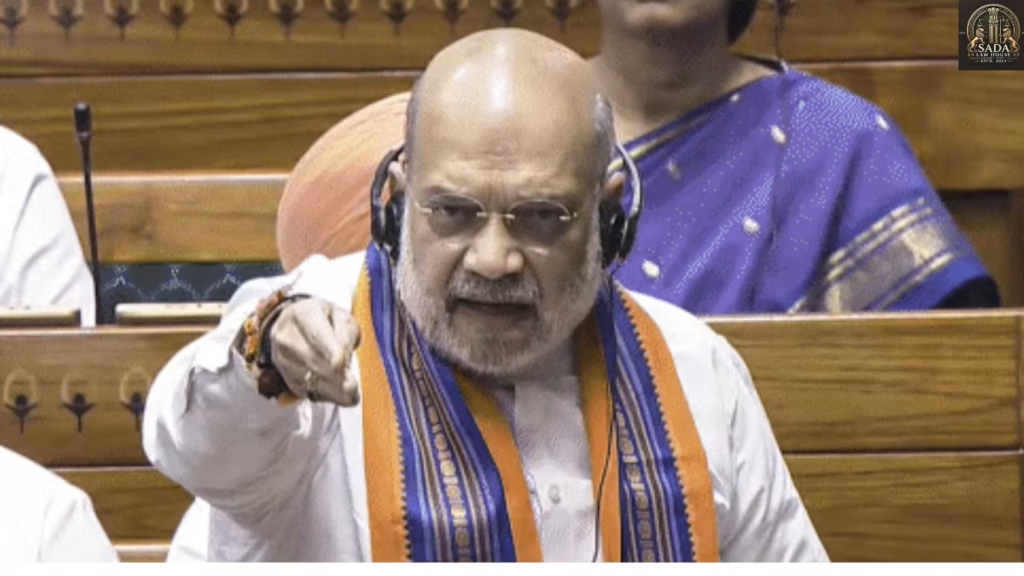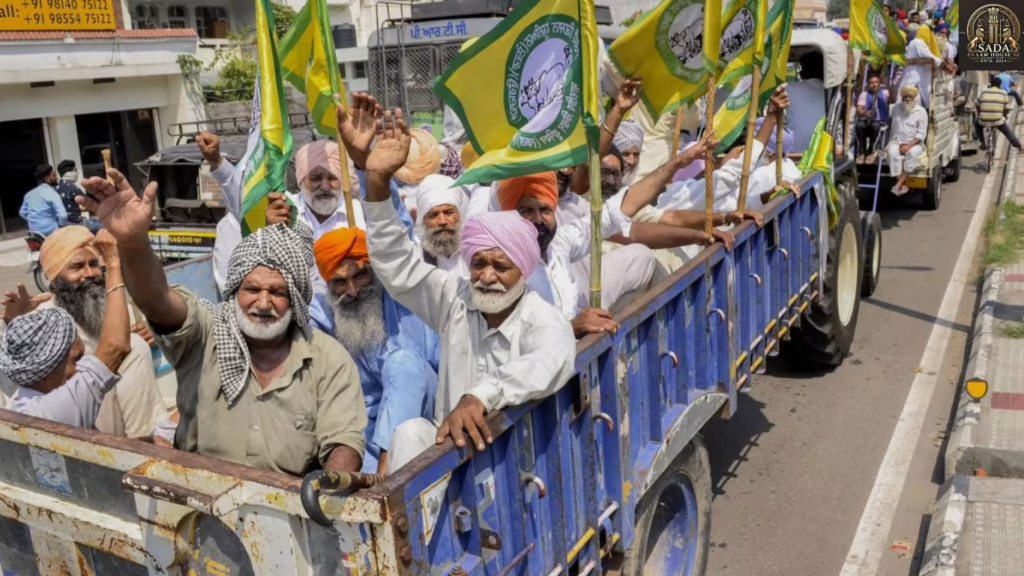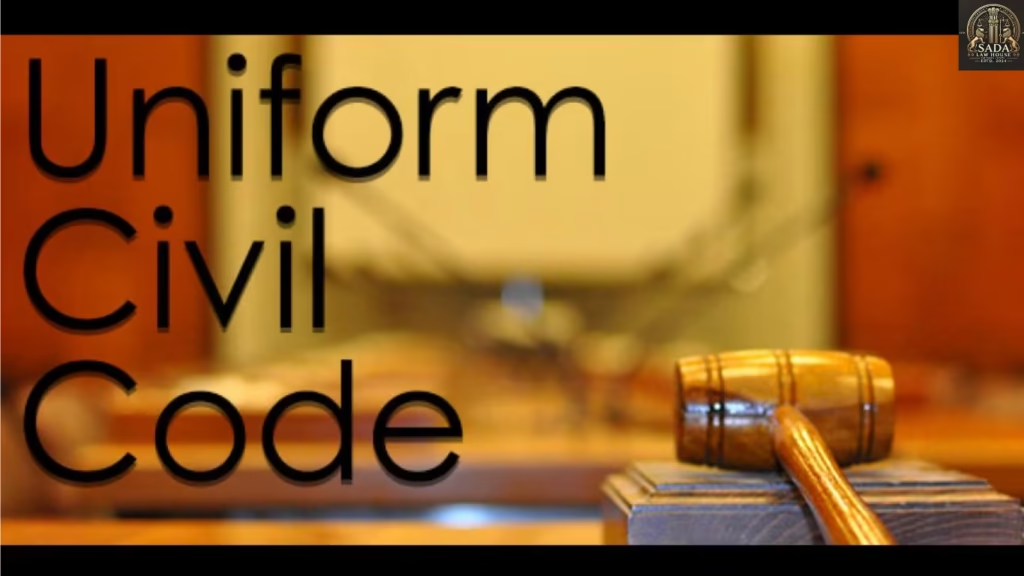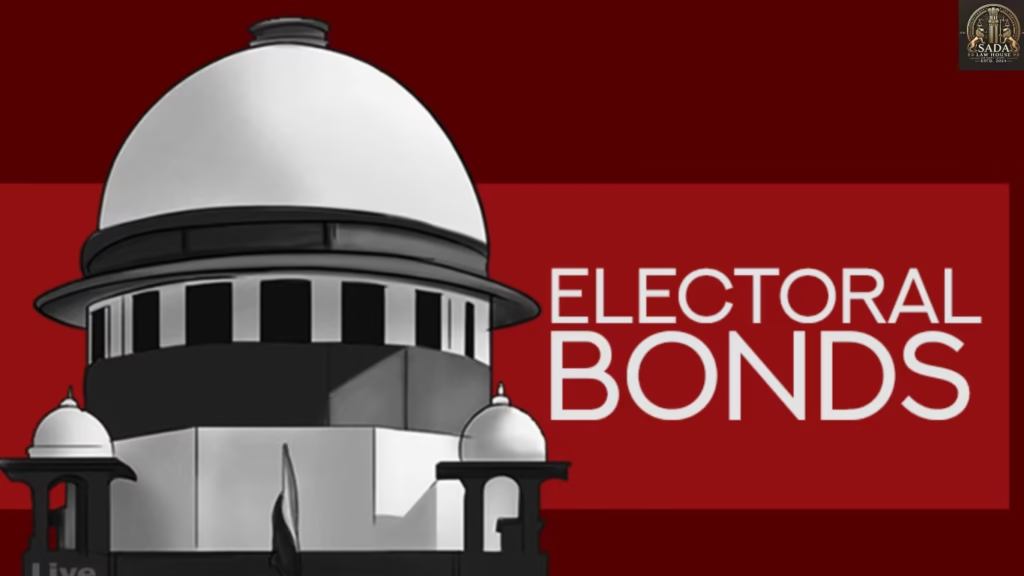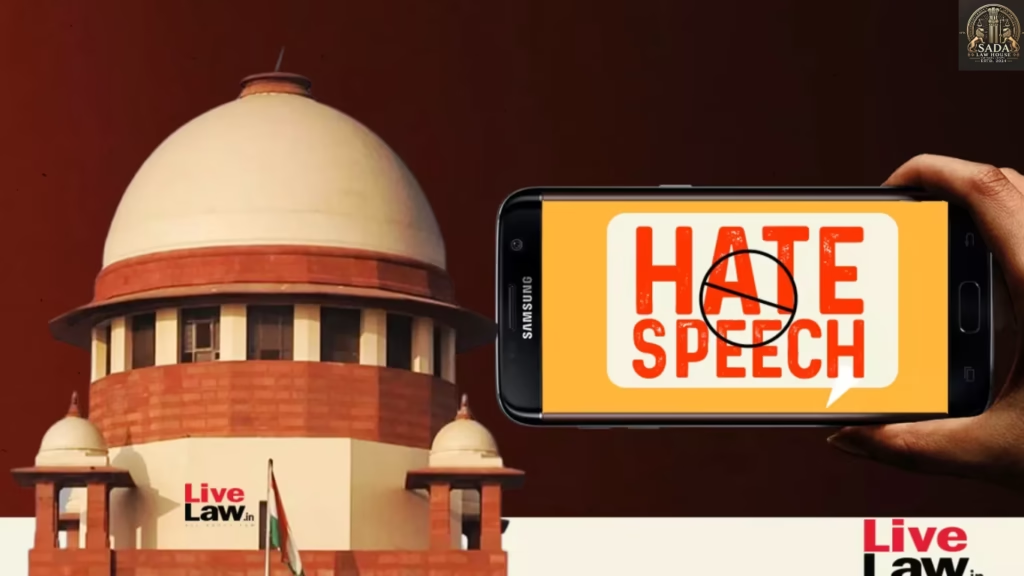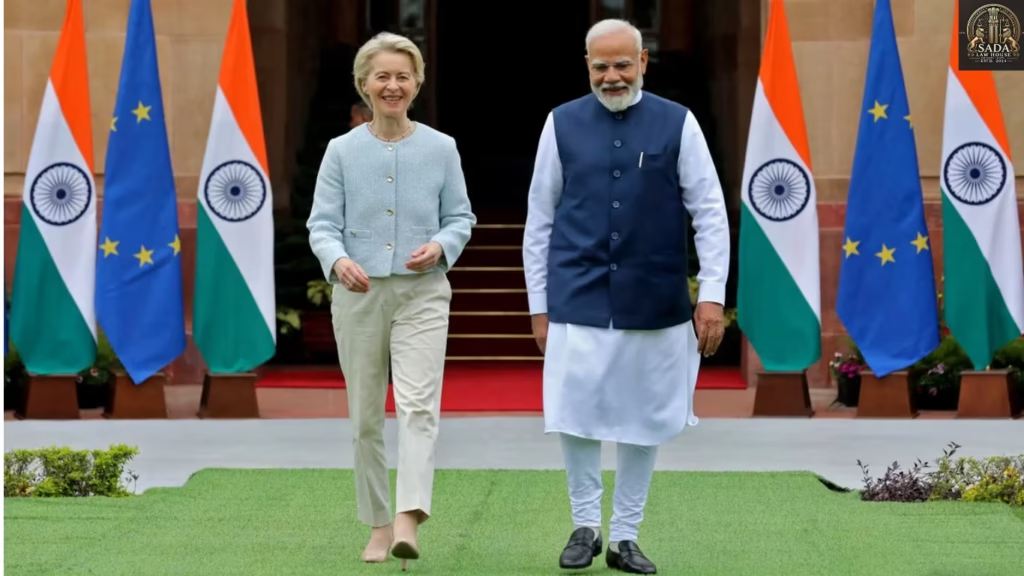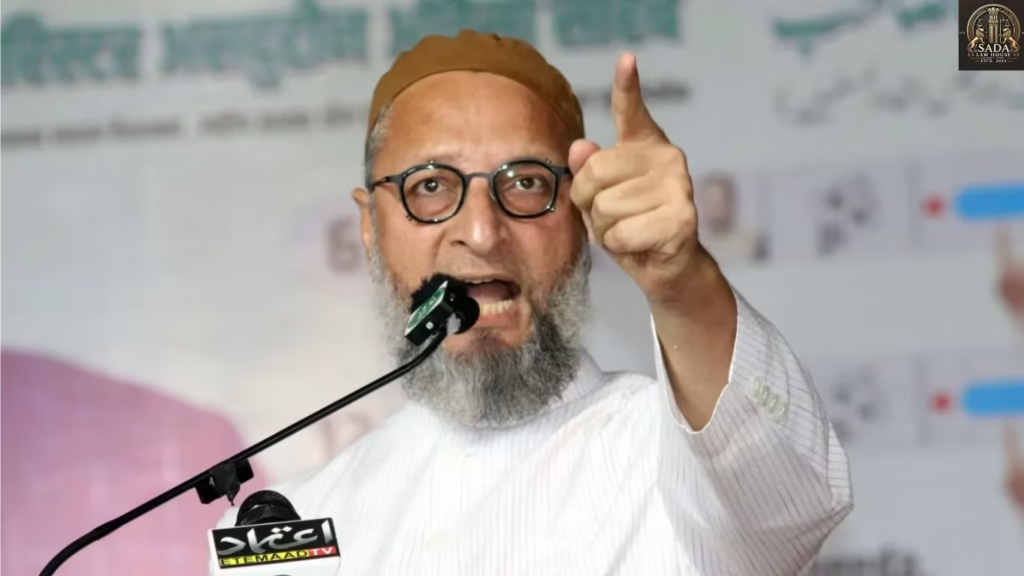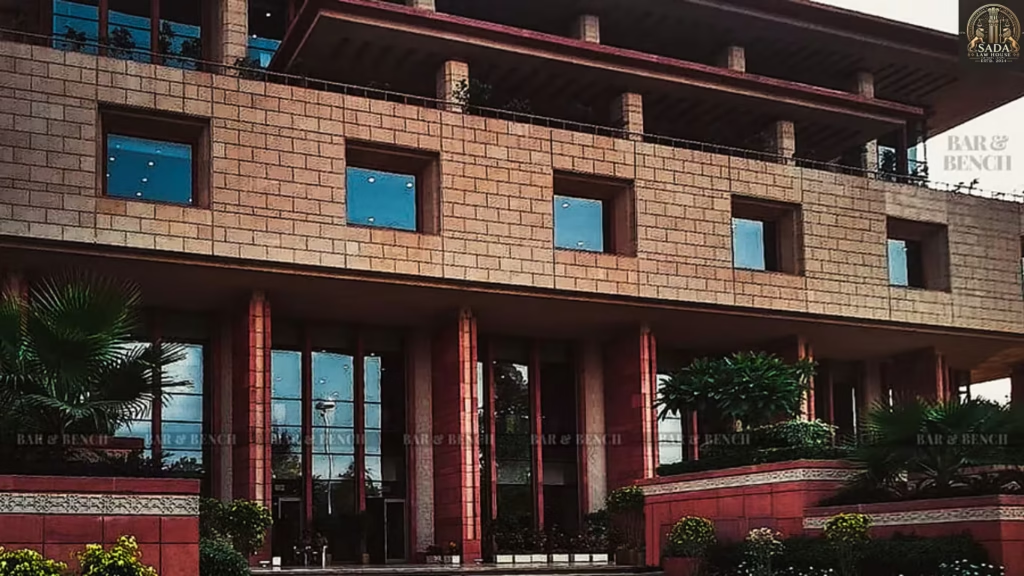Bill Proposes Removal of J&K CM, Ministers After 30 Days in Jail, Reappointment Allowed Post-Release
Trending Today Bill Proposes Removal of J&K CM, Ministers After 30 Days in Jail, Reappointment Allowed Post-Release Farmers’ Protest Resurfaces Over MSP Guarantee Bill – 19 September 2025 Parliament Debate on Uniform Civil Code (UCC) Intensifies – 19 September 2025 Supreme Court Directs Centre on Electoral Bonds Transparency (19 September 2025) Delhi High Court on Hate Speech and Political Rallies Jaish Admits: Masood Azhar Masterminded Parliament & 26/11 Attacks EU Unveils New Strategic Agenda to Deepen Prosperity, Security Ties with India Owaisi Blasts Assam BJP’s AI Video: ‘Muslims Seen as Problem, Dream of Muslim-Mukt Bharat’ Delhi High Court Paves Way for Demolition of Unsafe Signature View Apartments Built for 2010 CWG Delhi High Court Rejects Bail Plea of Man Accused of Raping Minor Daughter Bill Proposes Removal of J&K CM, Ministers After 30 Days in Jail, Reappointment Allowed Post-Release Shivani Garg 21 September 2025 Introduction A bill has been introduced in Parliament seeking to amend provisions concerning the Chief Minister and ministers of Jammu & Kashmir. It proposes that if any of them spend 30 consecutive days in prison due to a conviction, they would automatically cease to hold office. The provision is presented as a step toward greater accountability and integrity in governance. Background The bill comes in the context of Jammu & Kashmir’s continuing political reorganization after the abrogation of Article 370 in 2019, which changed the Union Territory’s constitutional and administrative framework. Since then, debates over political accountability, representation, and governance have remained central to the region’s political discourse. Key Developments Automatic Removal: CM or ministers lose their position after serving 30 continuous days in jail. Reappointment Clause: Once released, the concerned individual may be reappointed to their former position, meaning the removal is not a permanent disqualification. Focus on Accountability: Seeks to prevent the misuse of office by convicted individuals while balancing punitive action with rehabilitation. Issues Supporters’ View: Strengthens political accountability and prevents leaders facing criminal charges from retaining power. Critics’ View: Allowing reappointment dilutes accountability, as leaders convicted of crimes can regain office soon after release. Constitutional Debate: Raises questions on whether such provisions undermine democratic choice by disqualifying elected leaders during imprisonment. Current Status The bill has been introduced in Parliament and is under discussion. Political and legal experts remain divided. Some see it as a precedent-setting step in raising ethical standards in governance, while others worry it opens space for political manipulation. Conclusion The proposed bill reflects India’s ongoing attempt to balance accountability, democratic mandate, and rehabilitation in politics. If passed, it could mark a significant shift in governance standards in Jammu & Kashmir, and possibly inspire similar frameworks elsewhere. However, its dual approach—temporary removal with post-release reappointment—ensures the debate over accountability versus rehabilitation will continue. Leave a Reply Cancel Reply Logged in as Sada Law. Edit your profile. Log out? Required fields are marked * Message* Live Cases Bill Proposes Removal of J&K CM, Ministers After 30 Days in Jail, Reappointment Allowed Post-Release Sada Law • September 21, 2025 • Live cases • No Comments Farmers’ Protest Resurfaces Over MSP Guarantee Bill – 19 September 2025 Sada Law • September 21, 2025 • Live cases • No Comments Parliament Debate on Uniform Civil Code (UCC) Intensifies – 19 September 2025 Sada Law • September 20, 2025 • Live cases • No Comments 1 2 3 … 5 Next »

